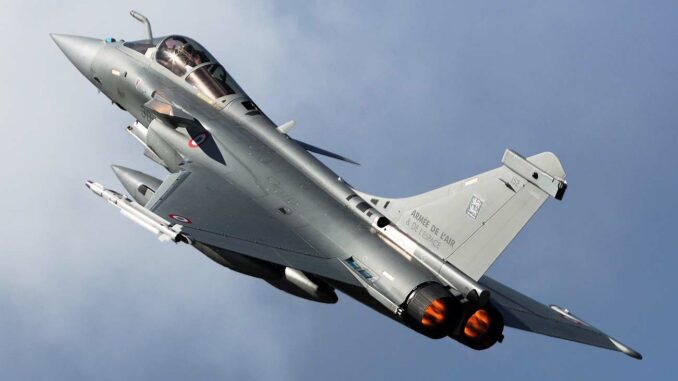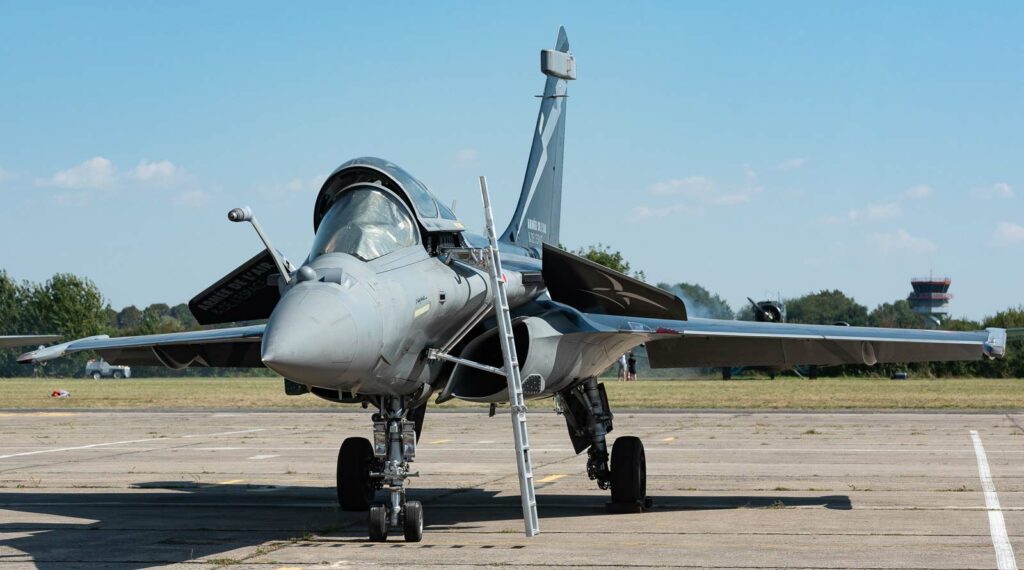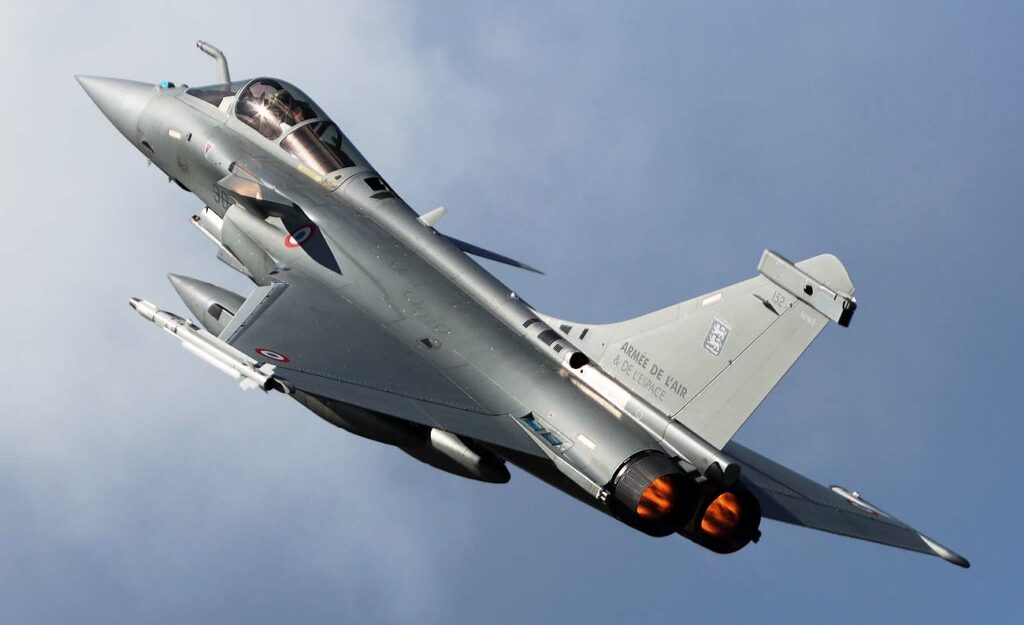
Croatia celebrates the arrival of its first six Rafale fighters, a major milestone for Croatian military aviation and national air security.
April 25, 2024, marks a historic step for Croatia with the arrival of the first six of twelve Rafale fighter jets planned to bolster the fleet of the 191st Fighter Squadron of the 91st Wing of the Croatian Air Force. This acquisition not only signifies significant progress in terms of military capabilities but also advances Croatia’s commitments within NATO.

Context of the Rafale Acquisition
The first six Rafale jets, including four single-seaters and two two-seaters, were flown in from France where the training of Croatian air and ground crews took place. This project represents the largest investment of the Armed Forces of the Republic of Croatia since its independence, underscoring the importance of this modernization for the country’s air security. The choice of the Rafale, an aircraft renowned for its versatility and advanced performance, is strategic in strengthening Croatian defense and its role within European alliances and NATO.
Strategic and Operational Advantages of the Rafale
The integration of the Rafale into the Croatian Air Force marks a significant advancement in defense capabilities. Capable of performing various missions such as nuclear deterrence, all-weather ground attack, air defense, and even aerial refueling, the Rafale significantly broadens Croatia’s operational spectrum. Furthermore, these aircraft will play a crucial role in monitoring and protecting Croatian airspace under NATO Air Policing arrangements, coordinated by the Allied Air Command in Ramstein and NATO’s southern Combined Air Operations Centre in Torrejon.
Implications for Regional Security and Croatia’s NATO Commitment
The acquisition of the Rafale by Croatia not only strengthens national security but also its status within NATO. By deploying advanced fighter jets, Croatia demonstrates its commitment to collective defense and regional stability. This capability upgrade enables Croatia to participate more actively in NATO operations, thus increasing its influence and contribution to European collective security.

Long-term Consequences for Croatian Defense
The arrival of the Rafale is a turning point for Croatia, which sees its air defense reaching an unprecedented level. This enhancement of the air fleet represents increased deterrence against potential threats and boosts Croatia’s ability to defend itself autonomously, while integrating its forces into a broader European and transatlantic defense framework.
The integration of the Rafale into the Croatian Air Force is a major development that alters the landscape of national and regional defense. This new strategic asset significantly improves Croatia’s deterrence and defense capabilities, thus solidifying its position in international military alliances and strengthening its defense against future challenges.
War Wings Daily is an independant magazine.